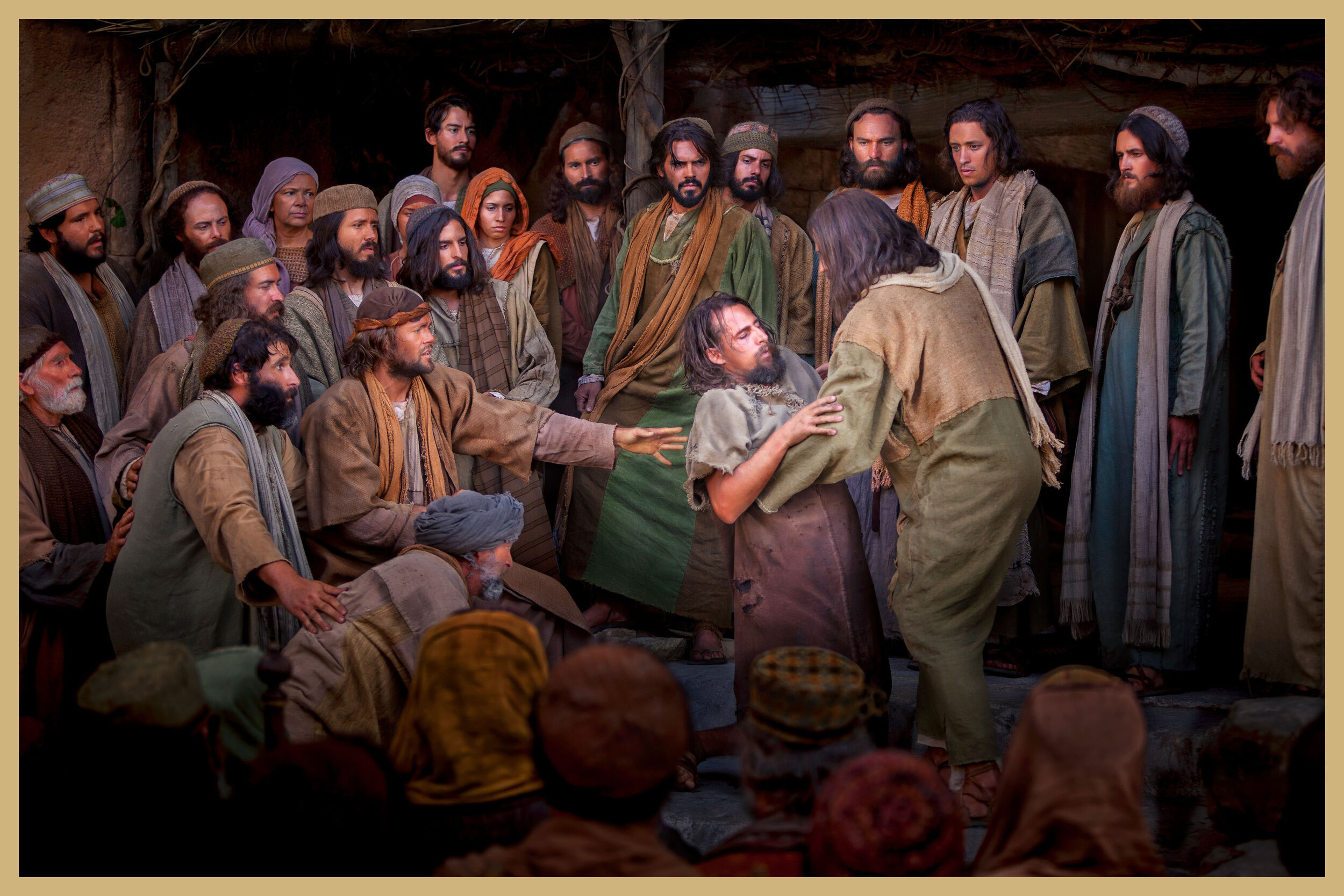Hard times come to every person. Until the grip of this old world is forever broken by that final blast from Michael’s trumpet, we will go on having what one hymn writer called “the night seasons” here on earth. No one is exempt from heartache. But the night cannot last forever, and the darkest hour is just before the dawn. God has promised that “weeping may endure for a night, but joy cometh in the morning” (Ps. 30:5 kjv).
One night while driving, Bill and I were listening to an African-American pastor on the radio encouraging his congregation—as well as his radio audience. With a heartfelt genuine compassion for his people, he kept repeating this promise from Psalm 30: “Weeping endures for the night!” he would say, asking them to repeat the words after him.
“But joy comes in the morning! Let me hear you, now. Weeping endures for the night…” The people would sing that phrase back to him. “But joy comes in the morning!” With one great voice they returned the affirmation. “Joy comes in the morning!”
Eventually the organ punctuated the truth. Its great music swelled like waves cresting on the beach. “Joy, joy comes in the morning!”
As we listened, the problems in our own lives seemed to settle into perspective in the immense power of God and His great faithfulness since the psalmist first wrote the words: “Weeping may endure for a night, but joy cometh in the morning”!
The song that resulted from that experience has spoken to us for over 45 years and has been used by God to give perspective and encouragement to many who have written to us or spoken to us at concerts. Over the years we have come to understand that pain is, as C. S. Lewis once called it, “God’s megaphone.” It is a useful tool in the hand of the Master Craftsman of our souls to hollow out spaces in us for holding the joy in the morning!
When the hard times of life come, we know that no matter how tragic the circumstances seem, no matter how long the spiritual drought, no matter how dark the days, the sun is sure to break through; the dawn will come. The warmth of His assurance will hold us in an embrace once again, and we will know that our God has been there all along. We will hear Him say, through it all, “Hold on, my child, joy comes in the morning!”























































































